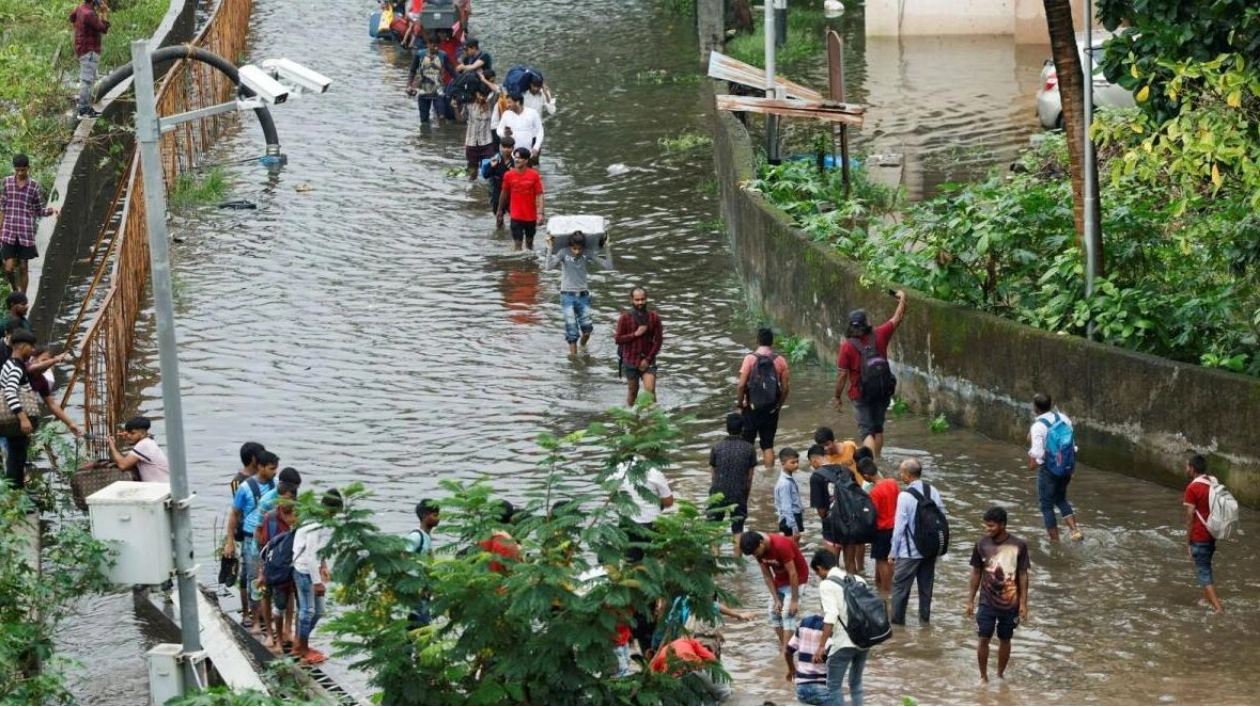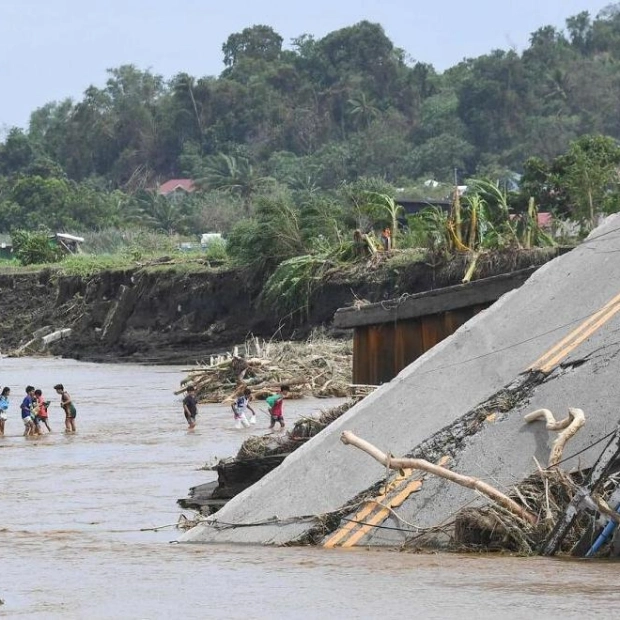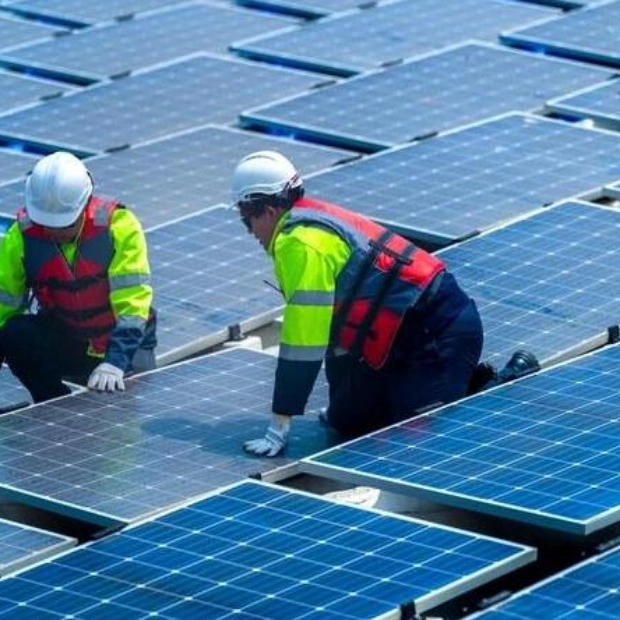India is set to invest approximately $300 million over the next two years to enlarge water bodies such as lakes and construct drainage systems in seven major cities, including Mumbai, Chennai, and Bengaluru, with the aim of reducing flood risks and preserving water resources, according to a government official who spoke to Reuters on Wednesday.
Flooding, which can be deadly, is a frequent issue in Indian cities during the monsoon season, exacerbated by rapid urbanization that encroaches on lake areas and the accumulation of waste in drains. This flooding often follows periods of severe water scarcity, notably in Delhi and Bengaluru, where the once-abundant water storage facilities have diminished.
Moody's, the ratings agency, cautioned in June that India's escalating water scarcity could impact its economic growth, which is forecasted to reach 7.2 percent for the current fiscal year ending in March 2024, making it the highest among major economies.
The federal government's investment, which marks the first flood control initiative specifically targeting water bodies, was recently greenlit and will include the implementation of early-warning systems, disclosed Krishna S. Vatsa, one of the three members of the National Disaster Management Authority.
Vatsa highlighted in an interview that this could emerge as one of the most impactful strategies for flood prevention in urban areas. He emphasized that while storm water drainage is crucial for managing runoff, it must be complemented with nature-based solutions like enhancing the capacity of rivers and lakes to handle rainwater.
Regarding the allocation of the 25 billion rupees ($298 million), Mumbai, Chennai, and Kolkata will each receive 5 billion rupees, whereas Ahmedabad, Hyderabad, Bengaluru, and Pune will be granted 2.5 billion rupees each. Delhi was not included in the allocation, as the selection of cities was based on the frequency of floods and the assessed losses incurred, Vatsa explained.
Nonetheless, Vatsa cautioned that more enduring measures are essential, particularly given the country's experience of substantial rainfall within brief periods. Authorities reported that over 300mm of rain fell on Mumbai, India's financial hub, in just six hours on July 8.
Vatsa noted that when a city experiences 100mm of rainfall, flooding is inevitable. He stressed the need for sustained investment backed by comprehensive governance measures to mitigate the issue.






